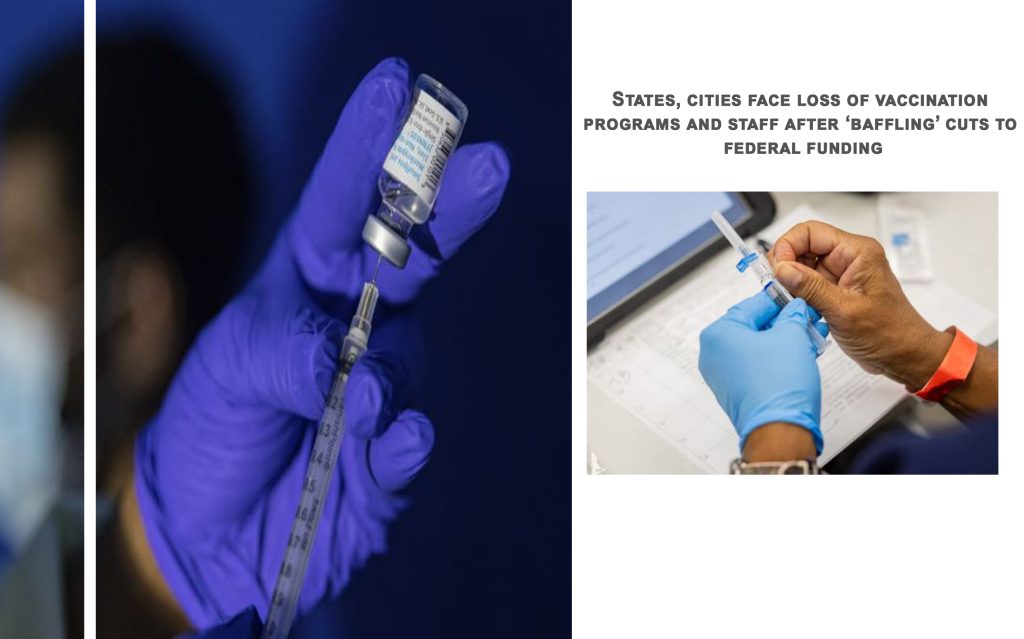
In a controversial move, the U.S. federal government has announced significant cuts to national immunization funding, threatening to undermine efforts to combat infectious diseases. This decision comes at a time when some regions are still experiencing outbreaks of vaccine-preventable illnesses like measles and whooping cough. What are the implications of this move, and how could it impact public health?Federal Vaccine Funding Cuts
Background and Reasons Behind the Decision
According to a CNN report, the cuts are part of austerity measures aimed at reducing the federal budget deficit. Programs affected include Vaccines for Children, which provides free vaccines to low-income families, as well as the Centers for Disease Control and Prevention (CDC), potentially hindering its ability to respond to disease outbreaks.
Officials argue that these cuts are necessary to redirect funds toward other priorities, such as infrastructure and defense. However, public health experts warn that slashing immunization funding could have severe consequences, particularly for impoverished communities that rely entirely on these programs.
Public Health Consequences
Data shows that vaccination programs have saved millions of lives over the past decades. With reduced funding, the U.S. could face:
- Resurgence of Controlled Diseases: Such as measles and polio, especially in areas with low vaccination rates.
- Increased Healthcare Costs: Outbreaks would strain hospitals and raise treatment expenses.
- Worsening Health Inequality: Low-income families may struggle to afford private-sector vaccines.
Reactions and Criticism
Doctors and activists have expressed deep concern, warning that this decision could reverse progress in fighting infectious diseases. Dr. Sarah Bennett, an epidemiologist, stated, “This is an extremely dangerous move—vaccines are not a luxury but a necessity for community protection.”
Meanwhile, some lawmakers defend the decision, arguing that healthcare reform requires reevaluating priorities. Opponents, however, insist that public health should outweigh financial considerations.Federal Vaccine Funding Cuts
The Future of Vaccination Programs
Amid these cuts, many are questioning what alternatives exist. States and charitable organizations may play a bigger role in filling the gap, but experts stress that the best solution is restoring sufficient federal funding.Federal Vaccine Funding Cuts
Ultimately, the question remains: Will the U.S. lose ground in its fight against infectious diseases due to these cuts? Only time will tell, but the cost may be innocent lives.

[…] Carbon Dioxide: They can detect your breath from up to 50 meters away. […]